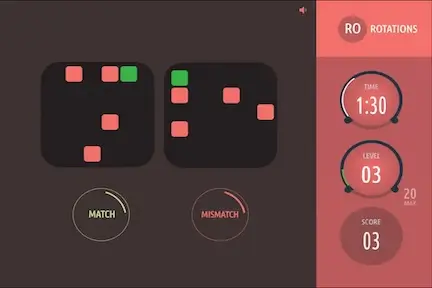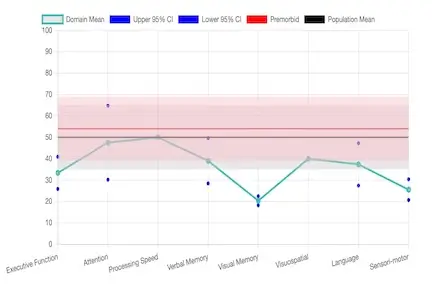Football Season & Sports Concussions: Why Neuropsychological Evaluation Matters
As football season and fall sports ramp up—from youth leagues and high school Friday night football games to collegiate and professional competition—sports-related concussions remain one of the most common and misunderstood injuries. The excitement of the sports season brings an increased risk of head impacts in football, soccer, volleyball, and cheerleading.
Even elite athletes such as Patrick Mahomes, Aaron Rodgers, Bryce Harper, and Cristiano Ronaldo have experienced concussions, reinforcing that no level of play is immune. During peak fall sports season, athletes often feel immense pressure to return quickly. However, returning too soon after a concussion significantly increases the risk of prolonged symptoms, repeat injury, and long-term cognitive consequences, including the potentially devastating effects of Second Impact Syndrome.
This is where a comprehensive neuropsychological concussion evaluation becomes critical. A specialized neuropsychologist moves beyond subjective symptom reporting to provide objective, measurable data on brain function.
Youth & High School Athletes: Protecting the Developing Brain
Youth athletes are particularly vulnerable during football season, soccer tournaments, and other fall sports. The developing brain is more susceptible to injury, and symptoms may be subtle or delayed. Parents, teachers, and coaches often notice changes in attention, mood, academic performance, or sleep weeks after the initial hit. These lingering issues define post-concussion syndrome.
Repeated head impacts—especially when a concussion is missed or minimized—can lead to long-term cognitive, emotional, and behavioral difficulties. A formal neuropsychological evaluation helps determine whether symptoms reflect pure concussion effects, co-existing anxiety, underlying ADHD, learning differences, or a combination of factors. Our youth athlete concussion assessment provides the clarity needed for appropriate school accommodations and therapeutic intervention, following a clear safe return to learn protocol.
Adult & Former Athletes: Lingering Effects of Past Concussions
Many adults who played football or other contact sports earlier in life dismiss symptoms such as brain fog, memory lapses, irritability, or slowed thinking as stress or aging. In reality, these may reflect unresolved post-concussion effects or cumulative head trauma from years of sports season participation.
A neuropsychological evaluation can clarify whether current concerns are related to prior concussions, mood factors, sleep disruption, or other neurological conditions. Objective testing provides a roadmap for treatment, workplace accommodations, and long-term brain health planning. This is particularly relevant for those seeking an evaluation for post-concussion syndrome or persistent symptoms after concussion.
Neuropsychology & Safe Return-to-Play Decisions
Neuropsychologists play a central role in safe return-to-play protocols, particularly during high-stakes portions of the sports season such as playoffs and championships. While symptom resolution is important, absence of symptoms alone does not equal full cognitive recovery.
Standardized neurocognitive testing for athletes evaluates attention, memory, processing speed, and executive functioning—domains commonly affected by concussion. These objective results help determine when an athlete can safely return to contact, school demands, and full competition. This specialized service is crucial for official return to play clearance.
Baseline (preseason) testing can be helpful, but post-injury evaluation remains valuable even without baseline data. Neuropsychologists are especially essential in cases involving multiple concussions, prolonged recovery, learning disorders, anxiety, depression, or ADHD, providing crucial neuropsychological testing for athletes with ADHD and concussion.


